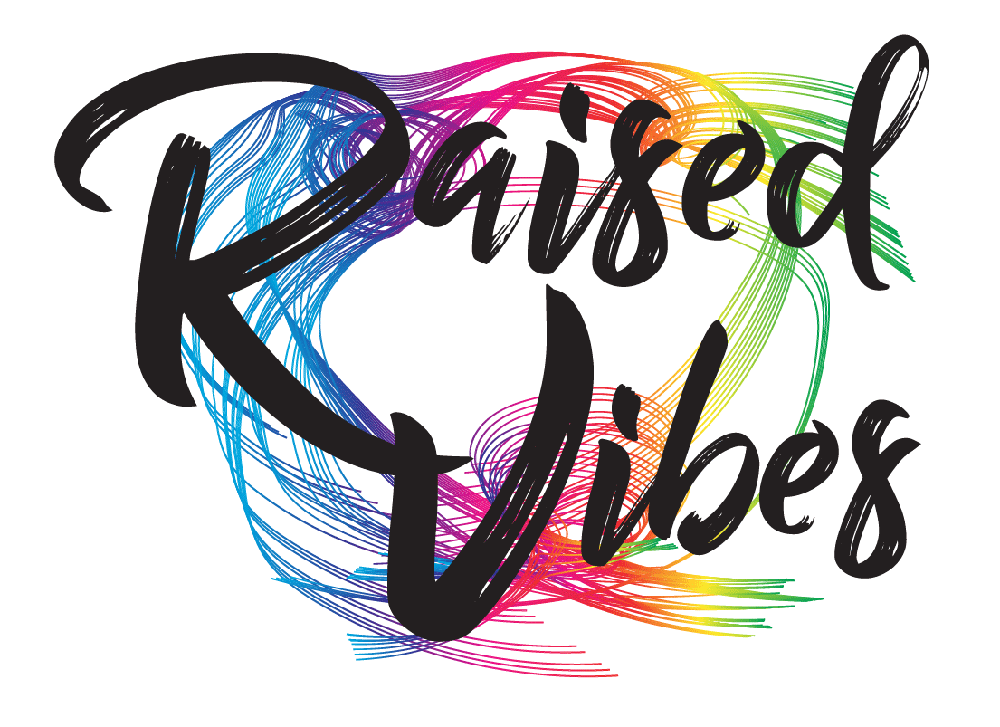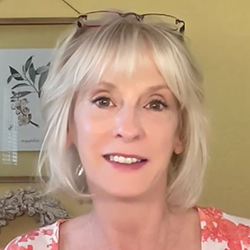Stuck in Overwhelm? Your Nervous System Needs Support

We all feel overwhelmed sometimes - a flood of responsibilities, emotions, or information that leaves us stuck, spinning, or completely shut down. But what’s actually happening in those moments, and how can we find a way forward when everything feels like “too much”?
This article offers both practical tools and deeper insight, especially if overwhelm is a frequent visitor in your life.
First, Pause. Breathe. Ground.
When you notice yourself becoming overwhelmed, the first step is to stop doing and just breathe.
~ Try 4-7-8 breathing: inhale for 4 seconds, hold for 7, exhale for 8.
~ Place your feet on the ground and feel the floor beneath you.
~ This simple reset signals to your body: You are safe.
Write It All Down: Make the Invisible Visible
Overwhelm thrives in mental clutter. Grab a notebook or open a notes app.
~ Dump everything that’s crowding your mind - tasks, worries, shoulds, fears.
~ You don’t need to organize it yet. Just get it out.
This can instantly bring some mental relief and clarity.
Break It Down and Prioritize
Once everything is in front of you, ask:
~ What must be done today?
~ What can wait?
~ What can be delegated or dropped?
Start with one small, actionable step — something that feels doable. Progress comes from movement, not from trying to do it all at once.
Reduce Input: Silence the Noise
Notifications, background conversations, social media, and constant demands can add fuel to the fire.
~ Turn off what you can.
~ Step outside, take a short walk, or find a quiet space.
~ Even 5 to Feeling Overwhelmed? It Might Be Trauma10 minutes of quiet can help your system decompress.
Ask for Support - or Say No
You don’t have to do it alone.
~ Can someone help with a task?
~ Can you reschedule something?
~ Can you say “no” to one more thing today?
Overwhelm often worsens when we’re afraid to set boundaries or ask for help.
Be Kind to Yourself: Overwhelm Is Not a Personal Failure
Many people blame themselves for being overwhelmed - “Why can’t I handle this? What’s wrong with me?” - but the truth is more complex.
Is Overwhelm a Trauma Response?
Yes, in many cases, chronic overwhelm can be a sign that your nervous system is reacting from a place of past trauma.
If you've experienced:
~ Childhood trauma or neglect
~ Abandonment, abuse, or unsafe environments
~ High-pressure situations where you had to stay hyper-vigilant
… then your system may default to survival mode when stress hits.
This can show up as:
~ Feeling frozen or paralyzed
~ Intense anxiety about minor tasks
~ Shutting down or dissociating
~ People-pleasing or over-functioning
It’s not weakness, it’s your brain and body protecting you the way they had to in the past. Healing this pattern often involves trauma-informed therapy, nervous system regulation (like somatic work), and gentle, consistent self-care.
Final Thought: You’re Not Alone, and You’re Not Broken
Overwhelm is not a moral failing. Whether it’s the result of too many tabs open (literally and metaphorically), or a deeper trauma response, it deserves compassion, not judgment.
Start with one breath. One step. One kind word to yourself. You’re doing better than you think!






